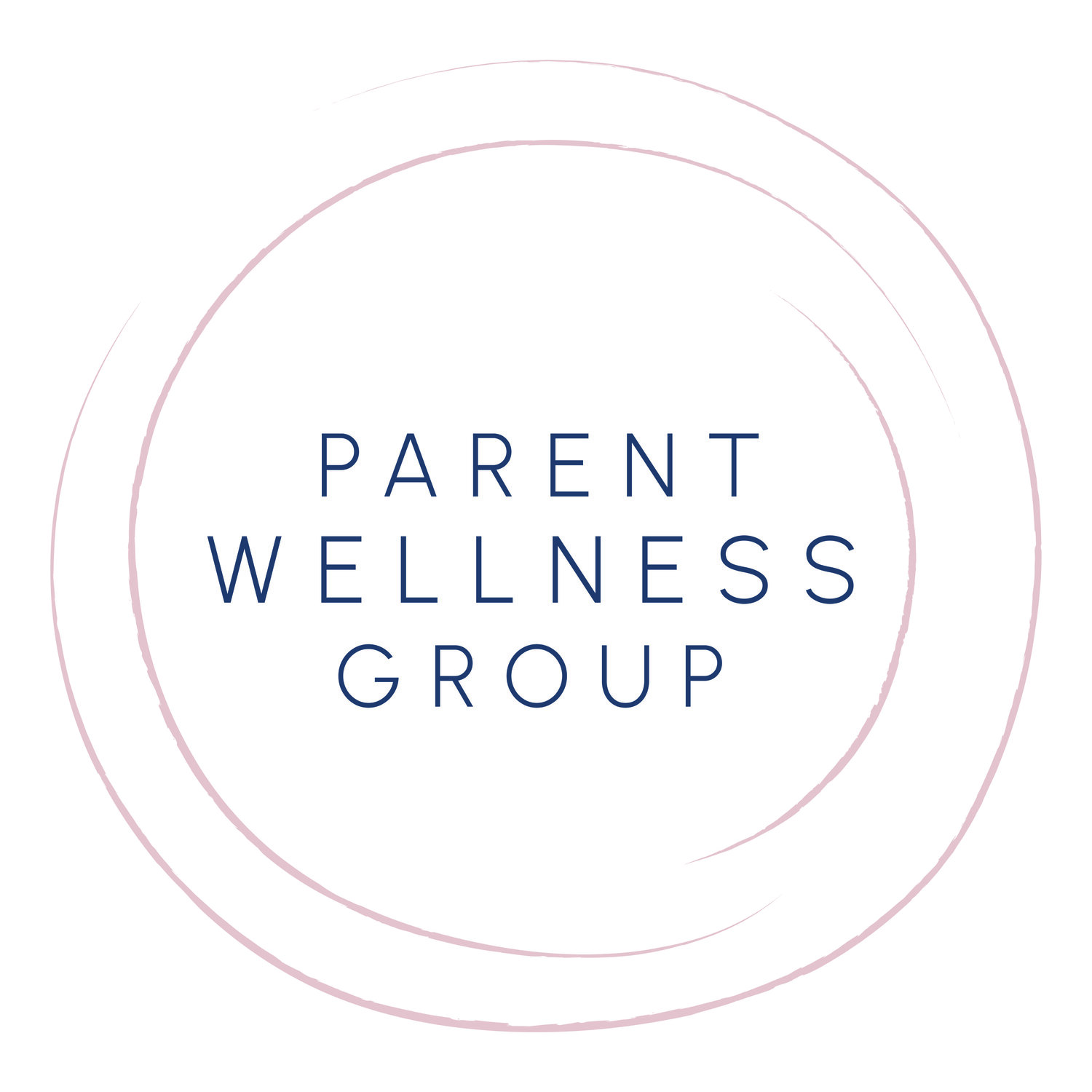Parenting Outside the Influence: Do substances and parenting mix?
This is a guest post by Dr. Latisha Bader, who has worked in the mental health and substance use field for over 20 years. She currently compliments the multi-disciplinary team at Women’s Recovery by serving as the Chief Clinical Officer.
Let’s be honest - parenting is hard. Although it’s often described as one of life’s greatest joys, it is also one of life’s greatest responsibilities. It’s emotionally demanding, mentally exhausting, and sometimes, overwhelmingly stressful. There are times when we have hit our max and reach for something, often a substance, that offers a sense of calm, a way to take the edge off.
The Appeal: Stress, Sanity, and Self-Care
Even as some substances are being legalized and becoming more mainstream, a growing number of moms are posing a complicated question. Do substances and parenting mix? If you reach for the phone and jump on social media – the messages begin.
Depending on your algorithms, you might get witty banter about mommy meet ups with craft ideas, chardonnay and charcuterie trays, communities for cannaparenting, or learn how moms are integrating their plant “medicine” into their daily self-care. These messages begin to persuade parents that we can better cope when we use substances or be more available to our kids. They couldn’t be further from the truth.
The impact: Subtle is significant
Depending on the substance you choose there are undeniable impacts on your mind and mood. It’s one of the fundamental truths of the pharmacokinetics of substance – they work. I won’t deny this, although you won’t catch me saying they help. Alcohol’s bi-phasic nature of euphoria following by sedation, or cannabis’ dulling effect on emotions or perception can start to chip away at our ability to be present by decreasing our:
Emotional presence – children notice when we feel “far away.” Cannabis can
make us less attentive to feelings of happy, sad and angry (MacKensize &
Cservenka 2023). Ones that are critical to the feedback loop of parenting.
Responsiveness – parenting often requires ninja like reflexes, a dropped snack,
unexpected feelings, scraped knees, or sudden question that means a lot to a
child. Most of all substances decrease reaction times and alertness. This can
lead to feeling less supported in those little but important moments.
Energy and motivation – Daily parenting takes drive. With regular use,
substances sap motivation and create a sense of lethargy. Although we might
desire this slight slowdown, it can feel like disinterest to a child. Indigenous
populations used to call cannabis a “dream killer.” This slow but impactful
alteration in motivation changes our mothering.
Consistency – kids thrive on predictable routines. When substances become a
focus, even subtly, routines can shift, responses become terse, bedtimes slip,
meals get rushed, you have less patience for the little things. Leaving feelings of
uncertainty.
Leading to the question – am I fully present when I have consumed? Am I setting the
right example?
The Guilt and Stigma
There is often a deep tension: the desire to be fully present your children, while battling the very real pull of substance use. The tension can create feelings of shame, guilt and inadequacy. Fearing judgment from others and ourselves, as well as losing parenting rights which can weigh heavily on the hearts and minds of moms. (p.s. parent wounds hurt whether given or received).
Where do we draw the line?
Some parents have made rules for themselves – no consumption during “active’ parenting hours. Or trying to use microdoses during the day, evening consumption after the kids go to bed. But many of us have lost our balance. We tried to make it part of functioning family life, but it made a blurry space we aren’t talking about.
A Turning Point: Community of Choice
The act of rebuilding a life in alignment with your values and priorities becomes how we live outside of the influence, instead of under it. If you are up for it, take the challenge. Whether it is a period of sobriety or T-break, to allow the mind and body to rebalance or a longer choice for recovery we can repair trust, model resilience, teach coping, create stability and provide a heaping helping of self-compassion. When we speak up about our concerns and find other moms challenging the status quo, we can share stories without the fear of judgment. By lifting the veil of secrecy, we will have healthier conversations around substance use and parenting.
It’s not about erasing the past – it’s about writing the next chapter. Every choice, no matter how small, is an act of love and courage for moms and their children. Parenting outside the influence is testament to resilience—the ability to rise, to rebuild, and to nurture both oneself and one’s family.
References:
MacKenzie A, Cservenka A. Cannabis and emotion processing: A review of behavioral, physiological, and neural responses. Exp Clin Psychopharmacol. 2023 Feb;31(1):263- 279. doi: 10.1037/pha0000529. Epub 2021 Oct 28. PMID: 34726433.
